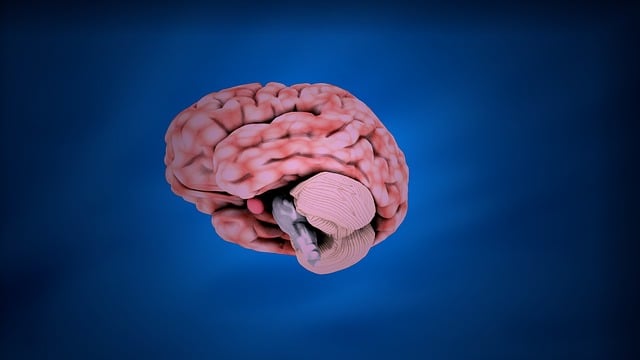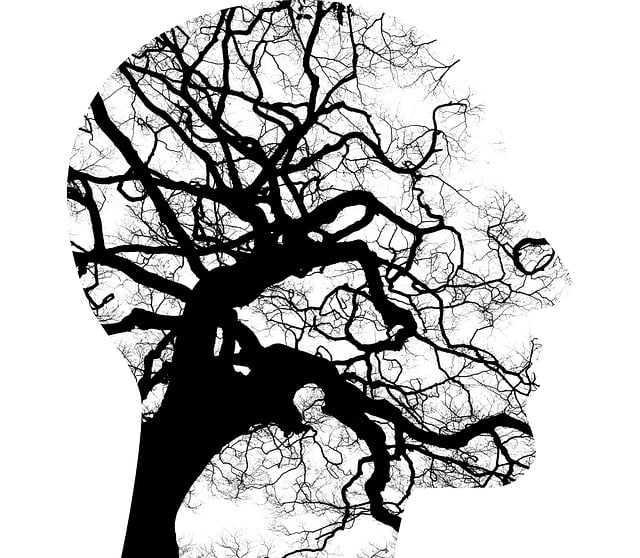Colorado Springs Adjustment Disorder Therapy equips individuals with vital coping skills to manage stress, overcome challenges, and enhance mental wellness. Through cultural competency training, tailored strategies like mindfulness, breathing exercises, and journaling, clients develop resilience to navigate difficult emotions, trauma, or life transitions. Community support groups and outreach programs reinforce these skills, fostering self-esteem and improved emotional well-being. This therapy empowers folks to integrate coping tools into daily life, building a robust toolkit for managing stress and thriving despite life's adjustments.
In the quest for mental well-being, coping skills development is a pivotal aspect of therapy. This comprehensive guide explores the significance of coping mechanisms in Colorado Springs Adjustment Disorder Therapy, offering valuable insights and strategies. We delve into understanding these skills, providing a roadmap for individuals seeking effective ways to navigate life’s challenges. By integrating practical techniques, this article equips readers with tools to enhance resilience and foster positive adjustment, tailored specifically to the context of Colorado Springs Adjustment Disorder Therapy.
- Understanding Coping Skills and Their Significance in Therapy
- Strategies for Developing Effective Coping Mechanics
- Integrating Coping Skills into Daily Life: A Guide for Colorado Springs Adjustment Disorder Therapy
Understanding Coping Skills and Their Significance in Therapy

Coping skills are adaptive behaviors and strategies that individuals use to manage stress, overcome challenges, and maintain mental wellness. In the context of Colorado Springs Adjustment Disorder Therapy, understanding and developing effective coping mechanisms is paramount. These skills play a pivotal role in helping clients navigate through difficult emotions, traumatic experiences, or significant life transitions, fostering resilience and overall well-being.
The significance of coping skills in therapy cannot be overstated, especially when addressing mental health concerns. Healthcare providers equipped with cultural competency training can offer tailored guidance, ensuring that coping strategies resonate with diverse populations. Communication strategies, such as active listening and empathy, enable therapists to create a safe space for clients to express themselves. Additionally, Mental Wellness Journaling Exercises can empower individuals to introspect, identify triggers, and track their progress, thereby enhancing self-awareness and personal growth.
Strategies for Developing Effective Coping Mechanics

Coping skills development is a vital aspect of mental health care, and for individuals dealing with adjustment disorders, it can be transformative. Colorado Springs Adjustment Disorder Therapy offers a range of strategies to help clients navigate challenges and build resilience. One effective approach involves teaching clients various coping mechanisms tailored to their specific needs. This may include techniques like mindfulness meditation, deep breathing exercises, or cognitive reframing, which empower individuals to manage stress, anxiety, and other emotional difficulties.
By participating in therapy sessions, clients gain valuable tools for self-regulation. The process often includes identifying personal triggers and developing healthy responses, leading to improved emotional well-being. Additionally, therapists can guide individuals in fostering confidence through setting achievable goals and practicing self-compassion, which are essential components of the therapeutic journey. Community outreach programs and support groups further enhance coping abilities by providing a network of like-minded individuals who offer encouragement and share effective strategies for managing adjustment disorders, ultimately contributing to enhanced self-esteem.
Integrating Coping Skills into Daily Life: A Guide for Colorado Springs Adjustment Disorder Therapy

In the context of Colorado Springs Adjustment Disorder Therapy, integrating coping skills into daily life is a transformative process that empowers individuals to navigate life’s challenges with resilience. The journey begins by understanding the fundamental principles of Mind Over Matter, where the power of thought and mindset significantly influences emotional well-being. By adopting effective stress management techniques, such as mindfulness meditation and deep breathing exercises, clients can cultivate a sense of calm and clarity amidst adversity.
Through structured therapy sessions, individuals learn practical coping strategies tailored to their unique needs. This may include cognitive behavioral techniques to reframe negative thoughts, engaging in physical exercise for its mood-boosting effects, or developing healthy habits like adequate sleep and balanced nutrition. By consistently applying these coping skills, clients gradually build a robust toolkit to manage stress, overcome obstacles, and foster overall mental health, ultimately enhancing their ability to thrive even in the face of life’s adjustments.
In the context of Colorado Springs Adjustment Disorder Therapy, developing robust coping skills is a transformative process that empowers individuals to navigate life’s challenges with resilience. By understanding and implementing effective strategies, as discussed in this article, therapists can guide clients towards integrating these skills into their daily routines, fostering adaptability and emotional well-being. This holistic approach not only enhances the therapeutic journey but also equips folks with lifelong tools to manage stress and adversity, making it a cornerstone of successful Colorado Springs Adjustment Disorder Therapy.














